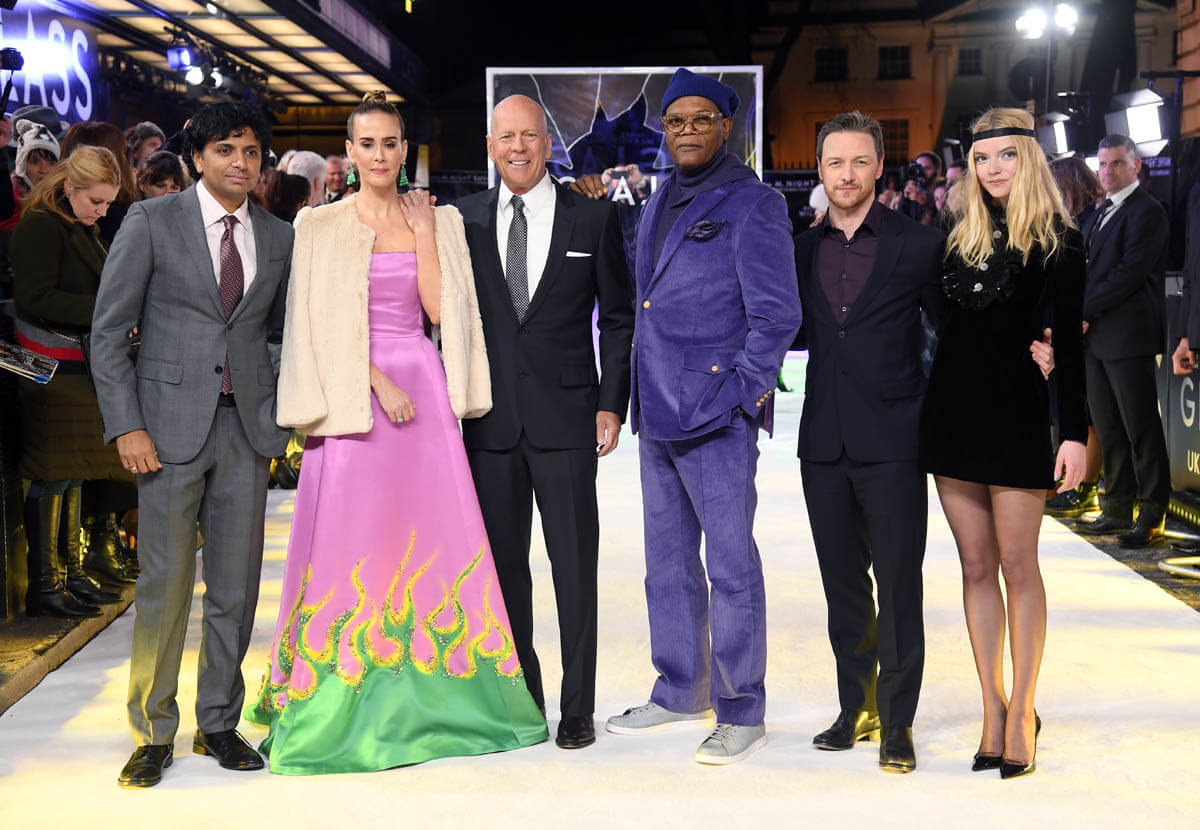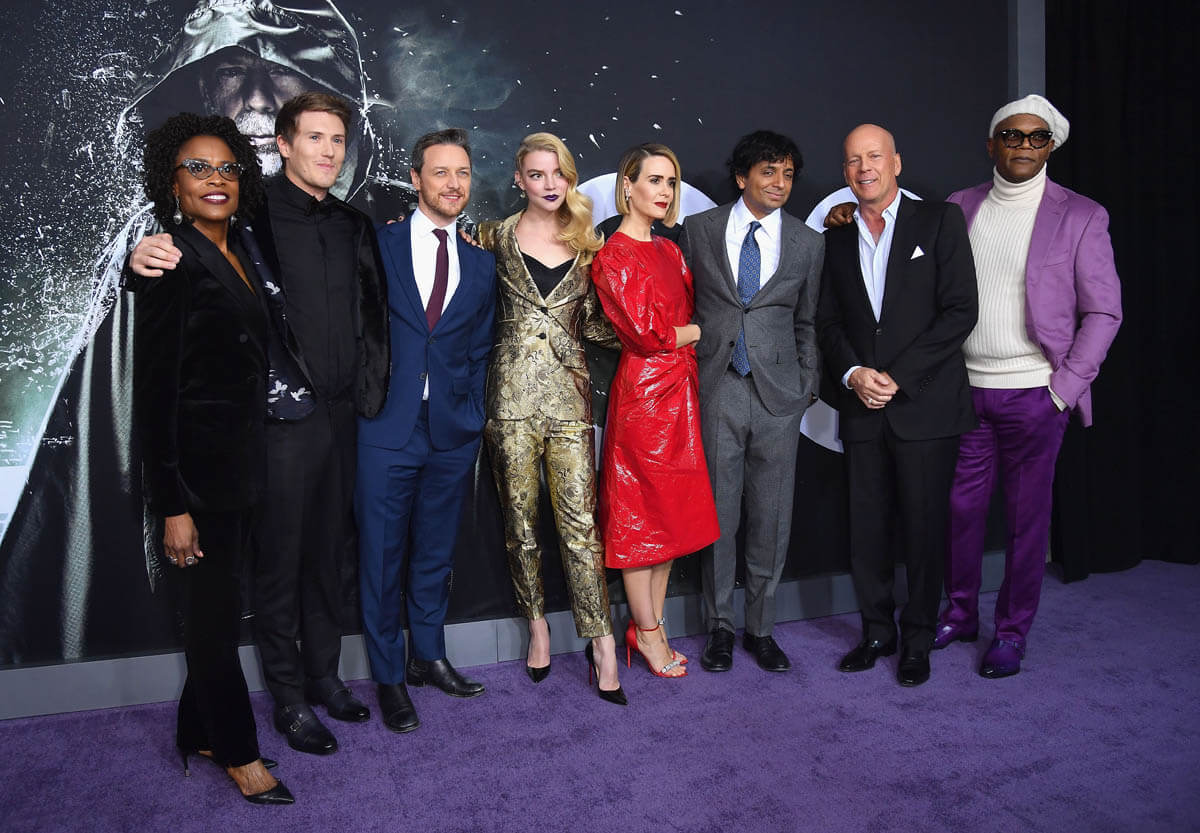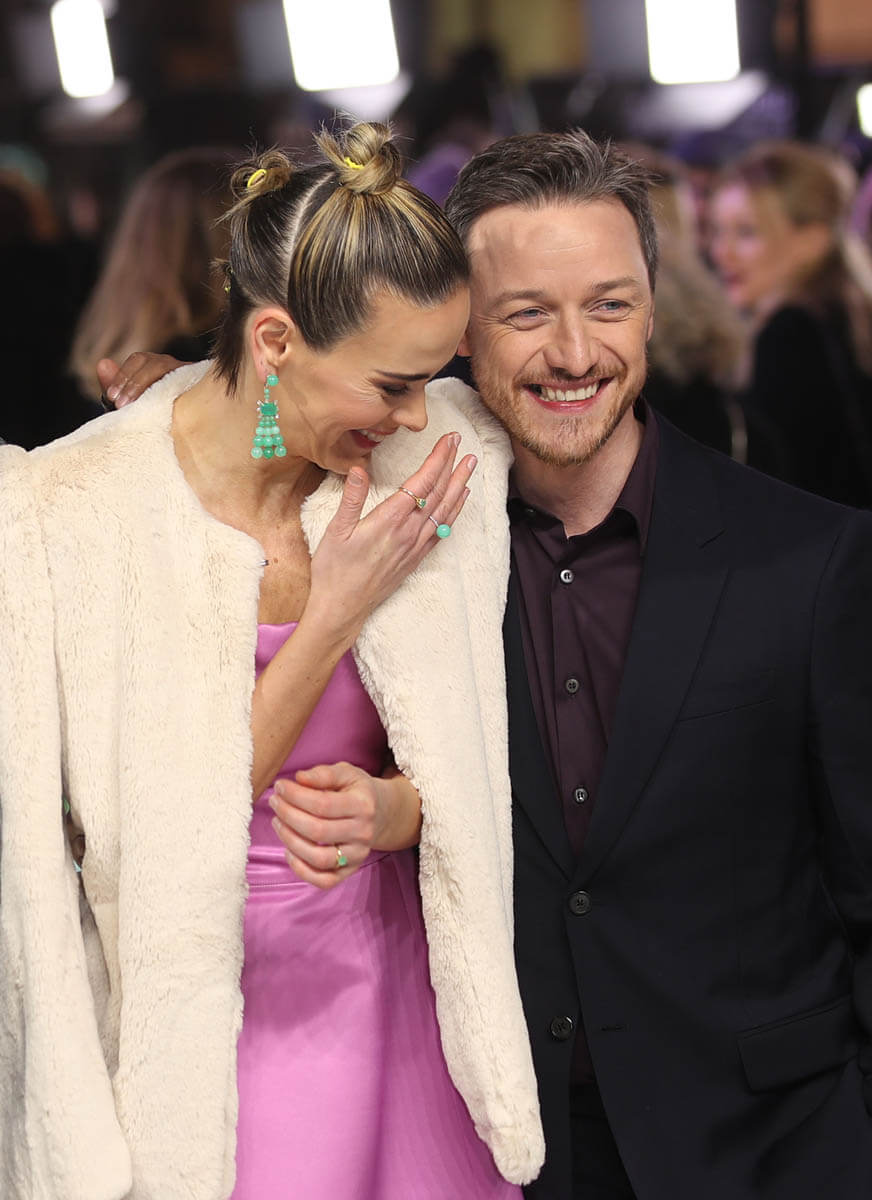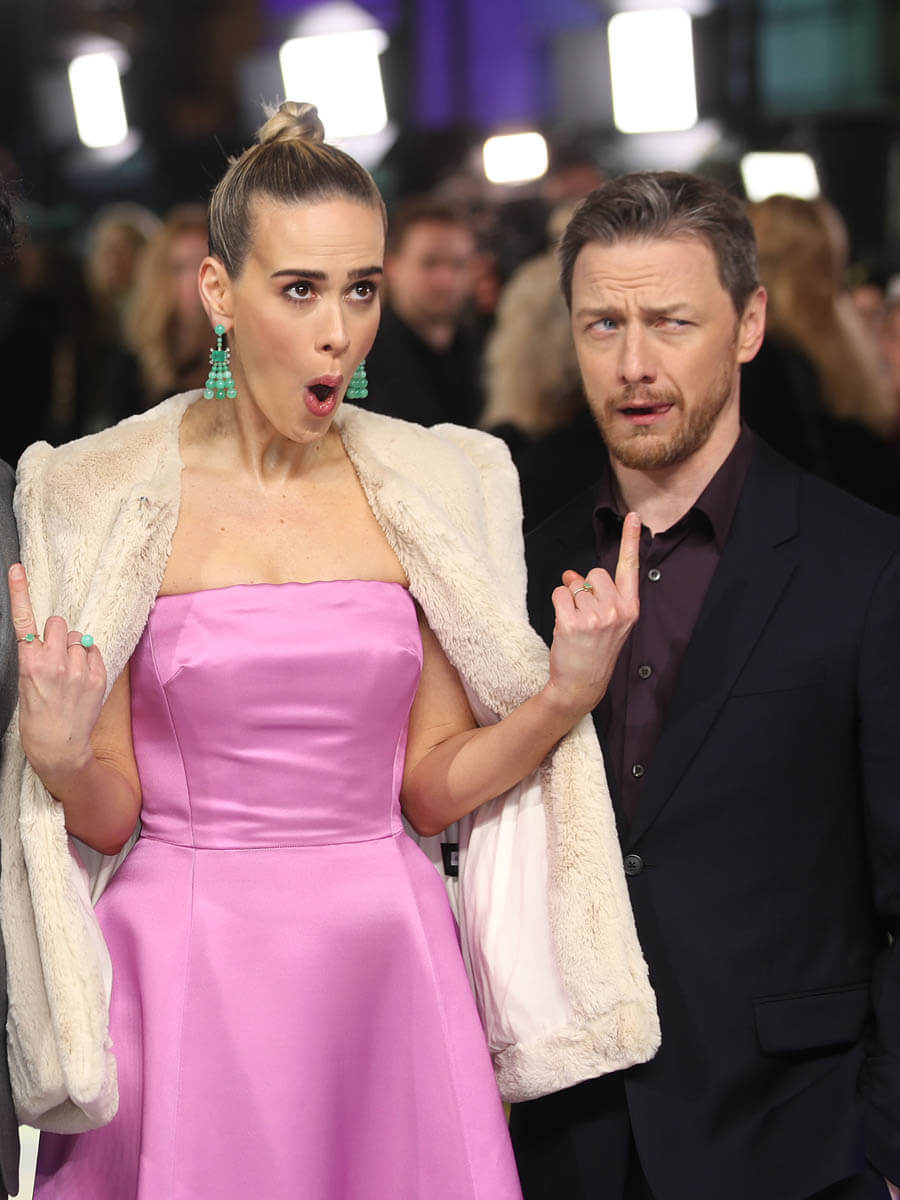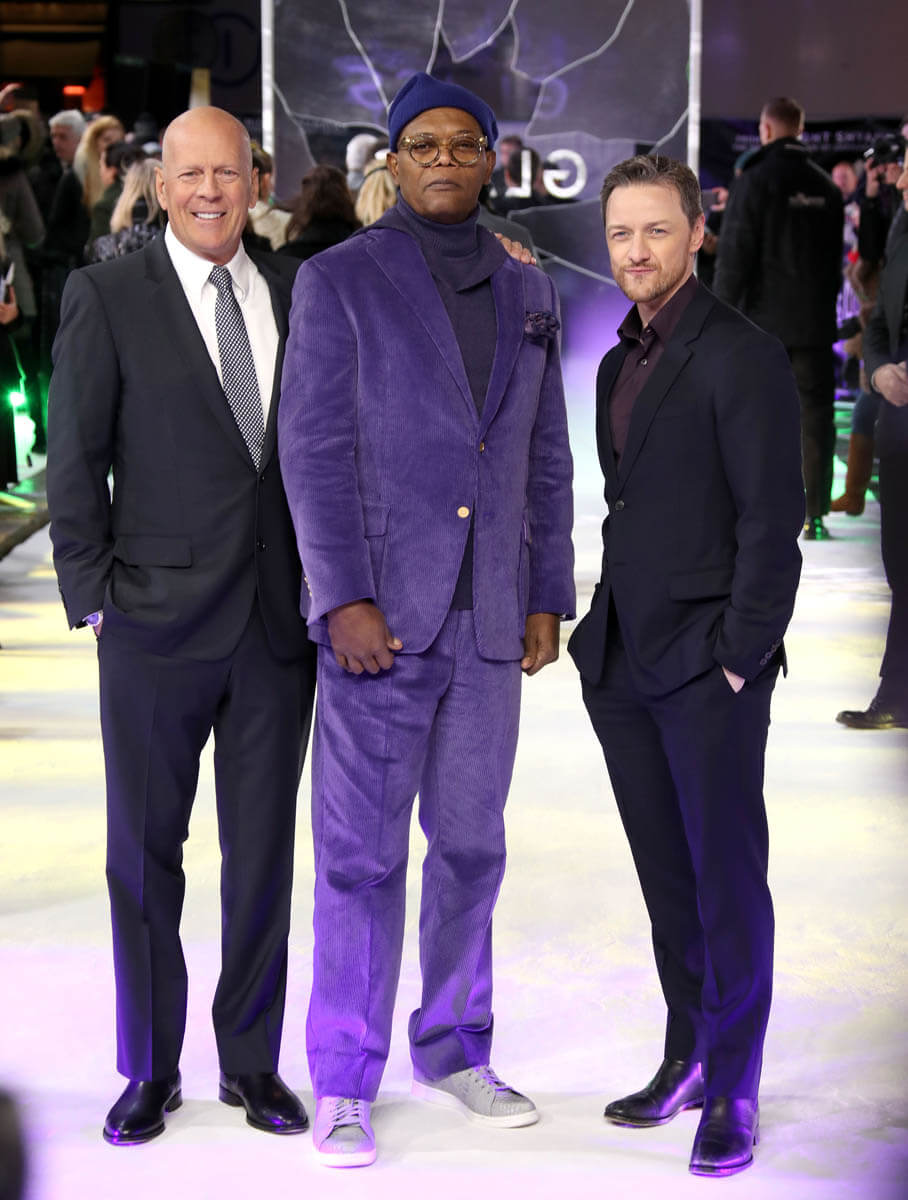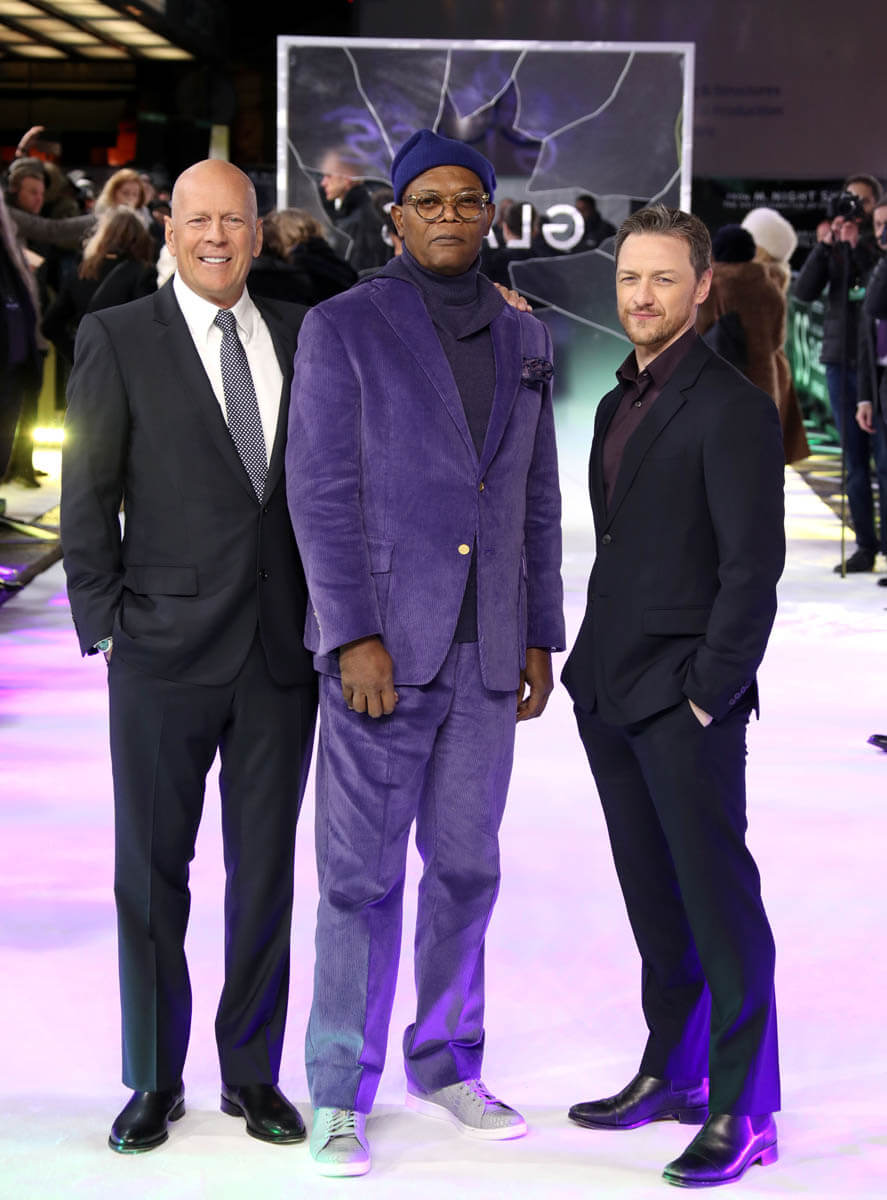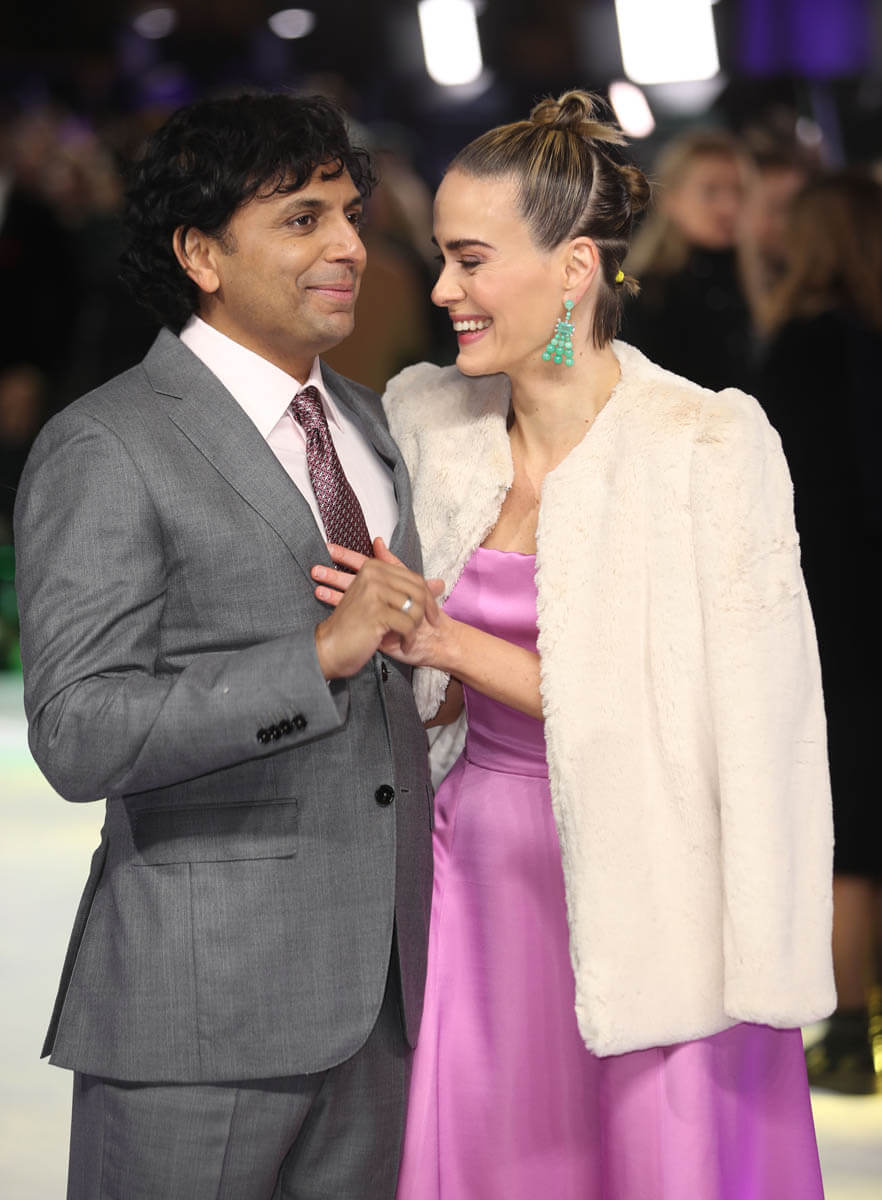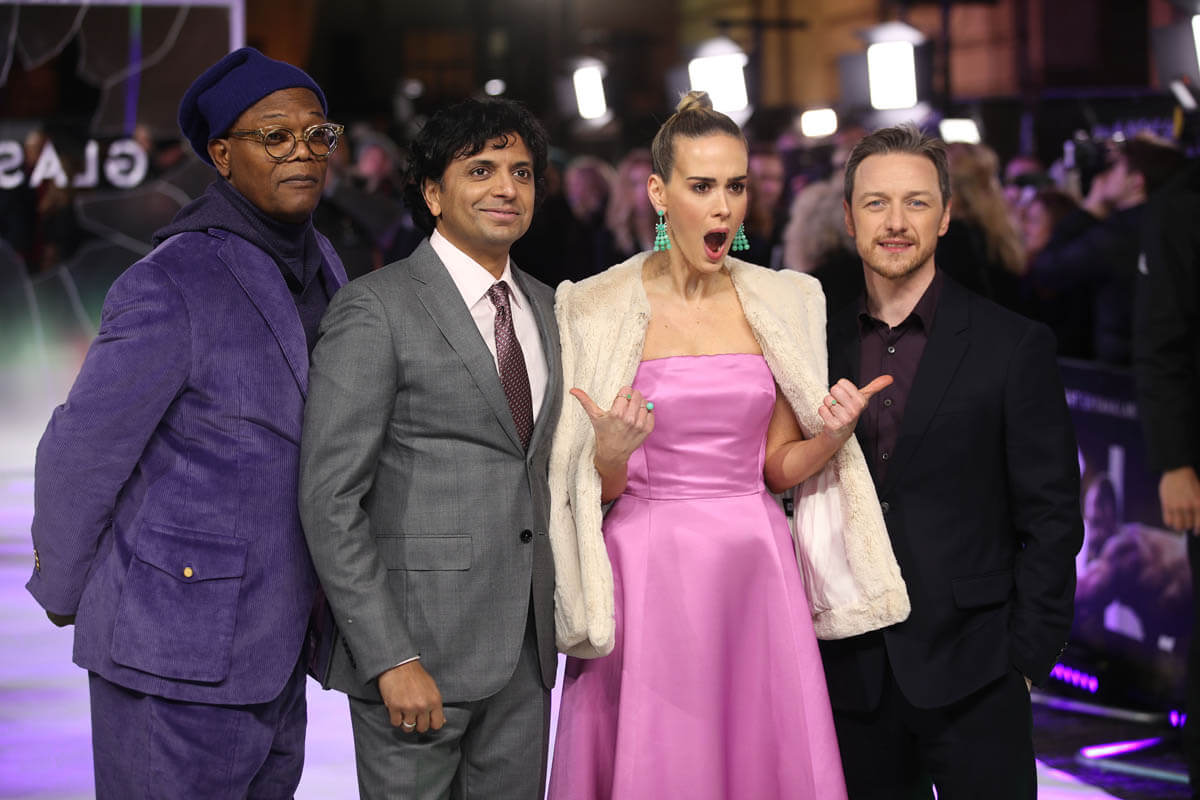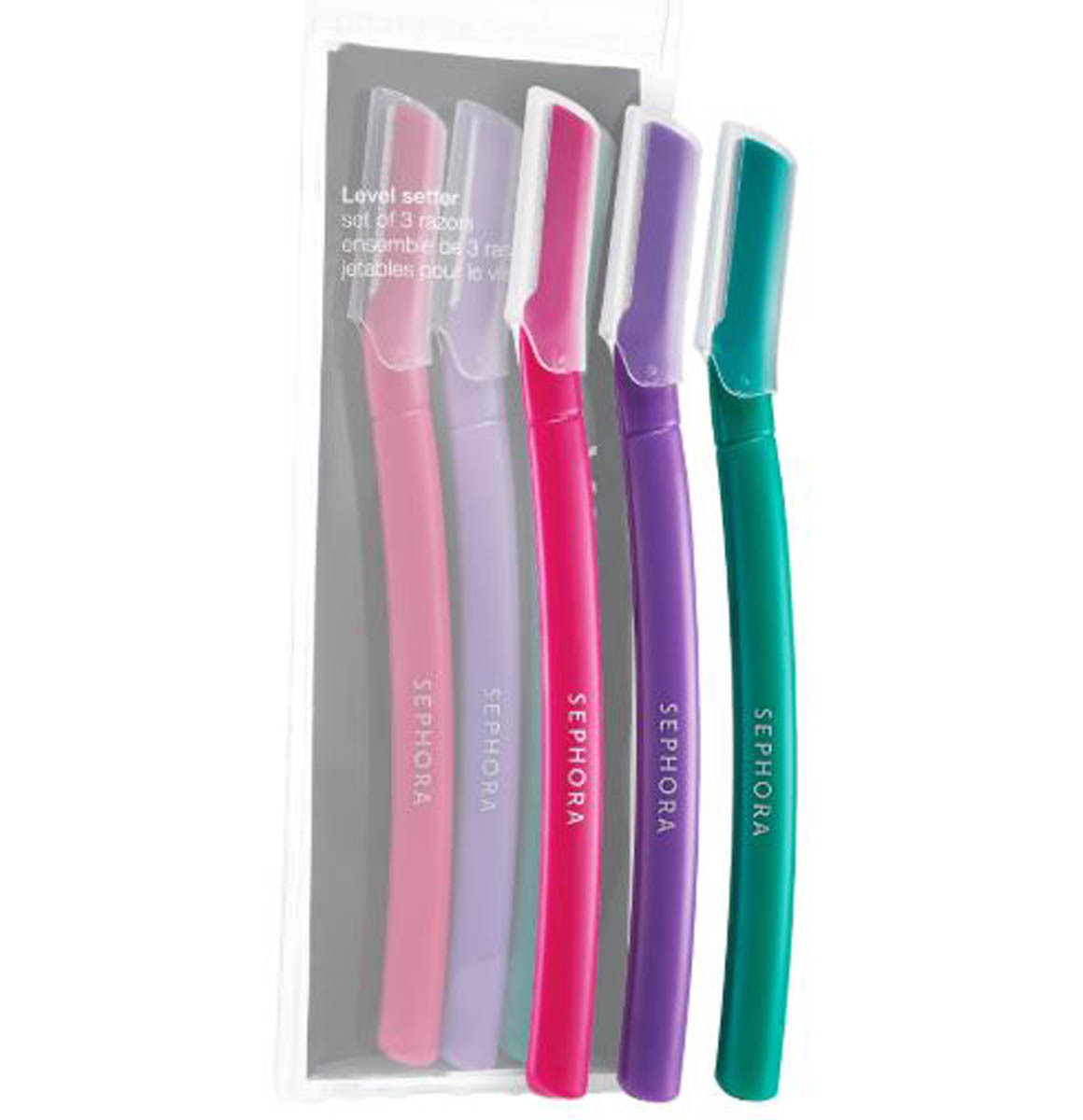Shyamalan’s homegrown superheroes: Glass brings it all together


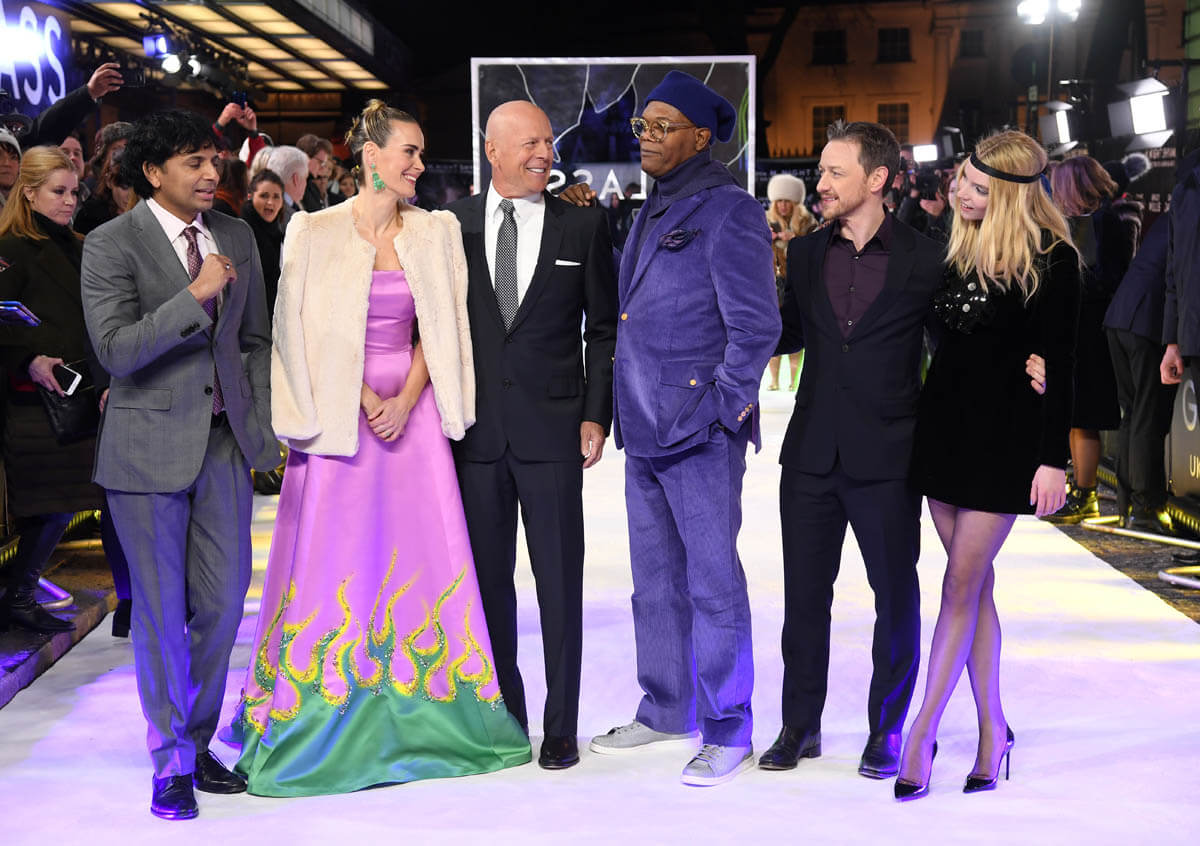
A direct sequel to Split and a shared-universe continuation of Unbreakable, Glass is the culmination of M. Night Shyamalan’s home-grown superhero universe within the Eastrail 177 trilogy. It unites strong-man David Dunn (Bruce Willis), evil mastermind Elijah Price/Mr. Glass (Samuel L. Jackson), and The Beast and his Horde of alter egos (James McAvoy). This is the main event teased in Unbreakable, the cross-over showdown that brings all the characters together, something we have now become used to seeing with two dozen-plus Marvel characters, but this one plays out with just a handful of principal actors. Glass is the end result of nineteen years of work, so it’s kind of amazing it is as undercooked and shoddily constructed as it is. Oh, did you think Shyamalan was going pull off the comeback without giving into his worst impulses as a filmmaker? Surprise: He doesn’t.
Glass is not the worst movie Shyamalan has ever made. It’s not even in the bottom three. But for a project that pays off so many years of buildup, it’s woefully under-developed, and unlike Unbreakable and Split, here the classic Shyamalan Twist raises its head and it is so f-cking dumb it’s a miracle my eyes didn’t roll right out of my head. The other two movies forgo a twist in favor of a reveal, which is baked into the structure of the story from the beginning and is not about pulling the wool over the audience’s eyes as much as steadily parceling information until the whole narrative picture becomes clear and you go, Oh yeaaaaahhhhh. But Glass is a total twister, a late-stage hard left that makes no sense and kills the momentum of the movie. It’s the worst of Shyamalan’s tendencies as a filmmaker, one his humbling seemed to drum out of him, only to turn up now, in this moment, and undo the last several years of reputation restoration.
The first half of Glass works pretty well. David Dunn has entered into urban legend as “The Overseer”, a local vigilante. Elijah Price has been institutionalized since the events of Unbreakable. The Beast is running amok in Philadelphia, but David is onto him, with the help of his now-grown son, Joseph (Spencer Treat Clark, reprising the role from his childhood). A confrontation between David and The Beast ends with them both being arrested, and they join Elijah in the institution. There, Dr. Ellie Staple (Sarah Paulson, extremely doe-eyed) is determined to help them realize their belief in their superpowers is just a delusion. And thus begins the part of the movie I like to call “restricted by budget”.
Most of the movie happens within a mental ward. Split also had a limited location, and there Shyamalan deployed his best craft to keep it visually interesting and different. Here, though, such care is not on display. What he does with colors is neat, if glaringly obvious at times, but boy is this setting boring. It doesn’t help that this portion of the film—which is most of it—is primarily just characters repeating themselves over and over, which doesn’t help the whole “this is boring” problem. It doesn’t need to be punchy-punchy—these movies have never really been about the action—but it could stand to be shorter. Glass is just two hours, but it feels easily a half hour too long, and that’s mostly because characters stand around having the same conversation and establishing nothing they didn’t already cover in their first meetings. It’s just not interesting.
One thing that is kind of clever is the setup for the climactic battle at the end. It reminds me a bit of the “five more Winter Soldiers” psyche out from Captain America: Civil War, but Shyamalan’s bit is squarely aimed at critiquing the tendency of superhero movies to stage overblown, ludicrous climactic battles. He’s not wrong, and it is nice to watch a superhero movie climax that is grounded and is, more or less, “realistic”. Unfortunately he does this with a lack of visual acuity, something Shyamalan is usually so good at, even in his bad movies. But there’s just no getting around Glass as one of the most dully constructed movies he’s made.
James McAvoy remains imminently watchable. He is GREAT as The Beast/Horde. He churns out twenty characters, each distinct, and his physical work is incredible. Bruce Willis is less engaged, though he wakes up a bit more for Shyamalan than he does anyone else, we’re still a long way from the actual performance he gave in Unbreakable. And Jackson just isn’t given enough to do, spending too much of the movie in a comatose state. (Don’t even get me started on how this movie wastes Anya Taylor-Joy and the creepy case of Stockholm Syndrome bestowed on her character from Split.) When anyone is engaging with James McAvoy, Glass is watchable. But not even he can save Glass from its own dumb twist. This is a movie that, after such a long wait, will leave a lot of people unfulfilled. It certainly does not live up to the otherwise careful work Shyamalan did in this trilogy, and especially lets down the legacy of Unbreakable, by turning into exactly the kind of empty narrative Unbreakable sought to dispel. I guess you could say, this Glass is half empty.

